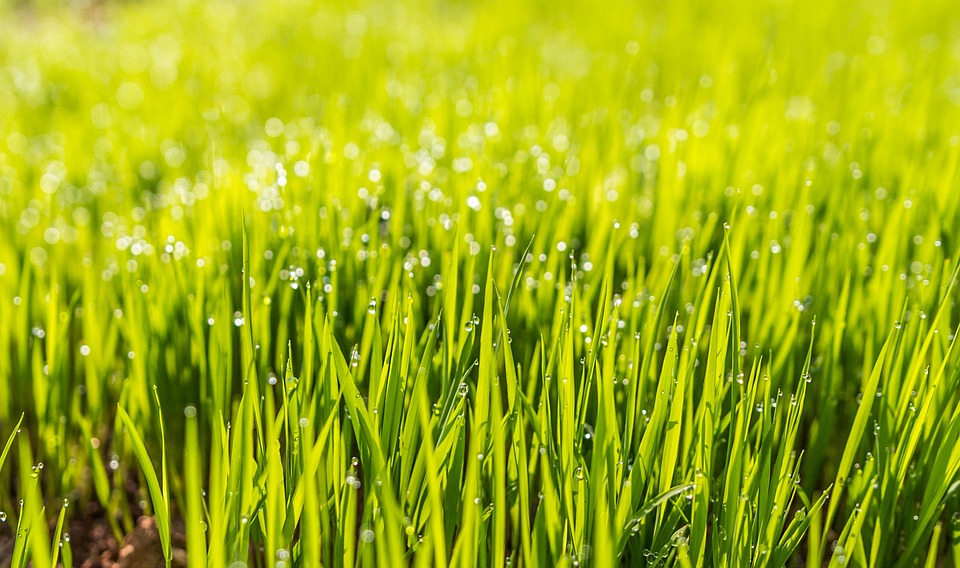Seasonal Lawn Care: How to Keep Your Yard Healthy and Beautiful Year-Round
Introduction
Having a healthy and beautiful yard year-round requires proper seasonal lawn care. Whether it’s hot summer days or chilly winter nights, your lawn needs specific attention and maintenance to flourish in every season. This article will guide you through the necessary steps to keep your yard in top shape throughout the year.
Spring Care
As winter subsides and spring blossoms, it’s time to revive your lawn. Start by raking away any debris, fallen leaves, or grass clippings accumulated during the winter. Aerating the soil will promote better water and nutrient absorption. Apply a high-nitrogen fertilizer to encourage healthy growth and control weeds. Finally, establish a regular mowing and watering routine.
Summer Care
Summer brings intense heat and increased foot traffic, which can stress your lawn. Mow your grass at a higher setting to provide shade for the roots, helping retain moisture. Regular watering is crucial during this time, preferably in the early morning or late afternoon to prevent evaporation. Be vigilant against pests and treat any signs of infestation promptly. Consider applying a slow-release fertilizer to sustain growth throughout the summer.
Fall Care
In fall, it’s time to prepare your lawn for the forthcoming winter. Continue mowing regularly and gradually lower the height as the season progresses. Remove fallen leaves promptly to prevent them from smothering the grass. Aerate the soil to ensure proper air circulation and nutrient absorption. Apply a balanced fertilizer to strengthen your lawn’s roots, making it more resilient to the cold. Overseed bare patches to promote new growth and prevent weeds from taking over during winter dormancy.
Winter Care
Winter brings dormancy to your lawn, but it still requires care. Avoid walking on frozen grass to prevent damage. Clear snow accumulation to minimize the risk of mold or snow mold formation. Avoid using salt or chemical ice melters near your lawn, as they can harm the grass. Keep your lawn hydrated if there is a dry winter spell, and be prepared to clear debris in case of storms. This maintenance will ensure a smooth transition to the next growing season.
FAQs
Q: How often should I mow my lawn?
A: During active growing seasons (spring and summer), mow your lawn once a week. In fall and winter, reduce the frequency to once every two weeks.
Q: Do I need to water my lawn in winter?
A: Watering depends on the climate and rainfall in your area. Generally, lawns require less water in winter, but if the weather is particularly dry, deeply water your lawn once every three to four weeks.
Q: How can I prevent weeds from appearing?
A: Regularly mowing at the proper height, overseeding bare patches, and applying pre-emergent herbicides in early spring and fall can help prevent weeds from taking hold in your lawn.
Q: Should I bag or mulch grass clippings?
A: Mulching grass clippings is beneficial as it returns nutrients back to the soil. However, it is essential to ensure the clippings are not piled up excessively, as this can suffocate the grass.




